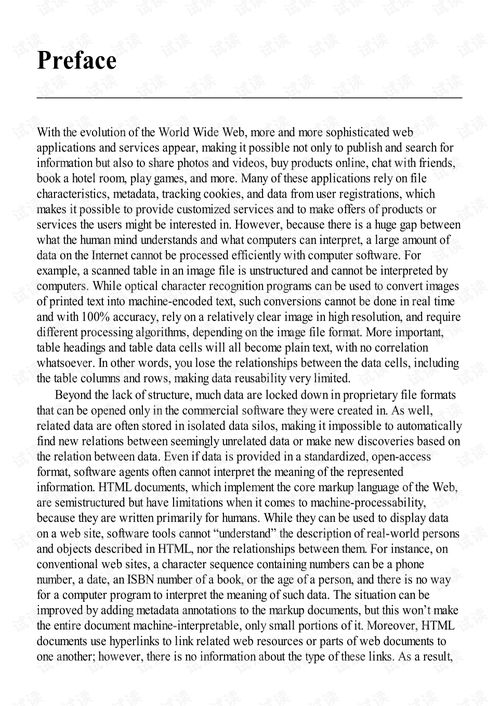In the realm of creative writing, crafting an essay about the art of fishing can be a delightful challenge. Whether you're aiming to capture the serene experience of solitude on the water or the thrill of the catch, the key lies in employing effective writing techniques. This article delves into the hows and whys of writing a compelling essay about fishing, offering a comprehensive guide to enhance your writing skills.
Introduction: Setting the Hook
Every great essay begins with an engaging introduction. Start by painting a picture of the setting. Describe the serene environment, the sound of the water, and the anticipation of the day ahead. Here's an example:
"The sun rose over the lake, casting a golden hue over the water's surface. The early morning mist lingered, creating an ethereal atmosphere. As I stepped onto the dock, the cool breeze greeted me, promising a day filled with the tranquil joys of fishing."
The Art of Description: A Visual feast
The heart of a fishing essay lies in the vivid descriptions of the experience. Use sensory details to bring the scene to life. Here are some techniques:
- Sight: Describe the colors, shapes, and movements of the surroundings and the fish.
- Sound: Incorporate the sounds of nature, the rustling of leaves, the chirping of birds, and the occasional splash of a fish.
- Touch: Mention the sensation of the water against your skin, the texture of the fishing line, and the feel of the rod in your hands.
- Smell: If applicable, describe the scent of the lake, the earth, or the fish you catch.
Example:
"The sun's rays danced upon the water, reflecting off the fish's scales. Their silvery bodies glided gracefully through the clear, cool water, leaving a trail of shimmering light. The sound of the water's surface was a gentle lullaby, interrupted only by the occasional splash of a fish breaking the surface."
Character Development: The Angler's Journey
Just as in any good story, character development is crucial. Let your readers get to know the angler. What are their hopes, fears, and experiences? How do they feel about fishing? Here's how you can approach it:
- Personal anecdotes: Share a personal story that highlights the angler's relationship with fishing.
- Dialogue: Use conversations to reveal the character's personality and feelings.
- Action: Describe the angler's movements, reactions, and decisions to show their character in action.
Example:
"For as long as I can remember, fishing has been my solace. As I cast my line into the water, a sense of peace washed over me. The rhythmic motion of the rod, the anticipation of a bite, it all reminded me of my grandfather, who taught me the art of fishing. 'Be patient,' he used to say, 'and the fish will come to you.'"
The Hook: The Catch
The climax of your essay is the catch. Describe the moment with as much detail as possible. How did you feel? What happened? Here's an example:
"Suddenly, the line went tight. My heart raced as I felt the weight of the fish. I tightened my grip, fighting the struggle. The rod bending under the pressure, I felt a sense of triumph. After what felt like an eternity, the fish finally tired, and I brought it to the surface. The sight of its glistening scales was a reward for my patience and perseverance."
Conclusion: The Final Reel
Conclude your essay by reflecting on the experience. Discuss what you learned, how you felt, and the overall impact of the day. Here's an example:
"As the sun began to set, casting long shadows over the lake, I felt a deep sense of fulfillment. The day had been a reminder of the simple joys in life, the beauty of nature, and the importance of patience. As I packed up my gear, I knew that I would cherish this experience forever."
Additional Tips
- Use figurative language: Metaphors, similes, and personification can add depth to your writing.
- Vary your sentence structure: Use a mix of short and long sentences to create a more engaging rhythm.
- Read aloud: This can help you catch any awkward phrasing or awkward transitions.
- Seek feedback: Share your essay with others to gain different perspectives and suggestions for improvement.
By following these techniques and embracing the art of storytelling, you can craft a captivating essay about fishing that will leave your readers with a sense of wonder and appreciation for the beauty of nature and the tranquility of the water. Happy fishing, and happy writing!













